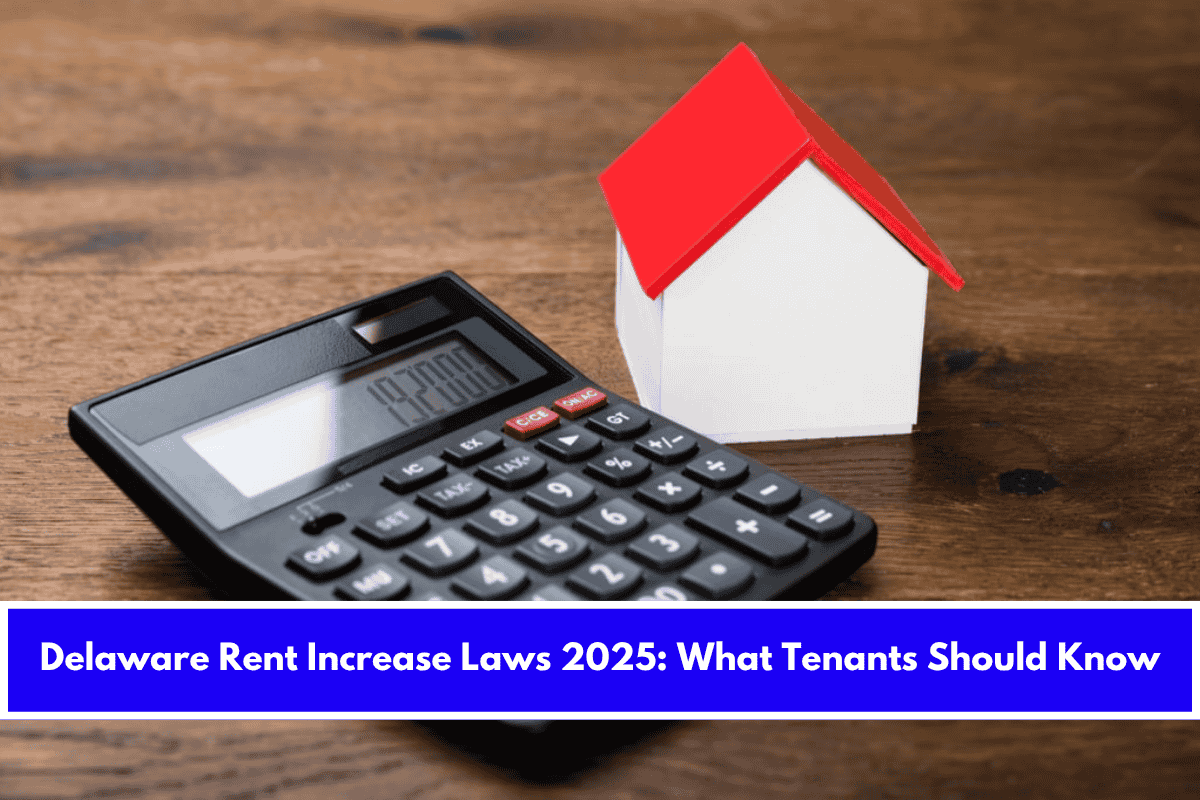With rising housing costs and ongoing debates over rent control, understanding Delaware’s rent increase laws is more important than ever for tenants in 2025. Here’s a comprehensive guide to your rights, notice requirements, and protections under current state law.
No Statewide Rent Control
Delaware does not have statewide rent control. This means landlords can generally set rent prices and determine increases based on market conditions, as long as they follow legal procedures and notice requirements.
Notice Requirements for Rent Increases
- Standard Residential Leases: Landlords must provide tenants with at least 60 days’ written notice before raising the rent. This applies to both month-to-month and fixed-term leases, but a rent increase cannot take effect until the current lease term ends unless the lease specifically allows it.
- Yearly Leases: For annual leases, a 90-day written notice is required before the end of the current lease period.
- Manufactured (Mobile) Homes: Tenants in manufactured home communities must receive a 90-day notice of any rent increase. There are additional protections, including a process to challenge increases deemed excessive compared to market rates or inflation.
Frequency and Limits
- How Often: Landlords may only increase rent once per year for a given tenant, typically at the end of a lease term.
- Amount: There is no statutory cap on how much rent can be raised for most residential properties. However, for manufactured home communities, recent proposals and local ordinances may set limits based on the Consumer Price Index (CPI) or a flat percentage, but these are not yet statewide law.
- Typical Increases: While the law doesn’t set a limit, average rent increases in the U.S. are usually 3–5% per year, though higher increases may occur due to inflation or market shortages.
Legal Protections for Tenants
- No Discrimination or Retaliation: Rent increases cannot be used to discriminate against protected classes (race, religion, gender, etc.) or as retaliation for tenants exercising their legal rights (such as reporting code violations).
- Proper Notice: If a landlord fails to give the required notice, the rent increase is invalid and cannot be enforced.
- Disputing Increases: Tenants can challenge unlawful or excessive rent increases by contacting the local housing authority, seeking legal advice, or—if in a manufactured home community—using the Rent Justification process.
How to Respond to a Rent Increase
- Review the Notice: Ensure the notice is in writing and meets the 60- or 90-day requirement.
- Check Your Lease: Confirm whether your lease allows for mid-term increases or only at renewal.
- Respond Promptly: If you wish to dispute the increase, you typically must notify your landlord within 45 days of receiving the notice.
- Seek Assistance: If you believe the increase is retaliatory, discriminatory, or otherwise unlawful, contact a tenant advocacy group or legal aid.
Summary Table
| Lease Type | Notice Required | Frequency | Amount Limit | Special Protections |
|---|---|---|---|---|
| Month-to-Month | 60 days | Once per year | None | No discrimination/retaliation |
| Fixed-Term (Annual) | 90 days | Once per term | None | No mid-term increases unless lease |
| Manufactured Home Community | 90 days | Once per year | May apply | Rent Justification process |
Delaware landlords must provide written notice—60 days for most rentals, 90 days for annual leases and mobile homes—before increasing rent. There’s no statewide rent control, but increases cannot be discriminatory or retaliatory. Tenants have the right to dispute unlawful increases and should always review their lease and consult legal resources if needed.
Sources:
- https://www.steadily.com/blog/rent-increase-laws-regulations-delaware
- https://delcode.delaware.gov/title25/c053/index.html
- https://innago.com/delaware-landlord-tenant-laws/
- https://www.steadily.com/blog/how-much-can-a-landlord-raise-rent-in-delaware











Leave a Reply